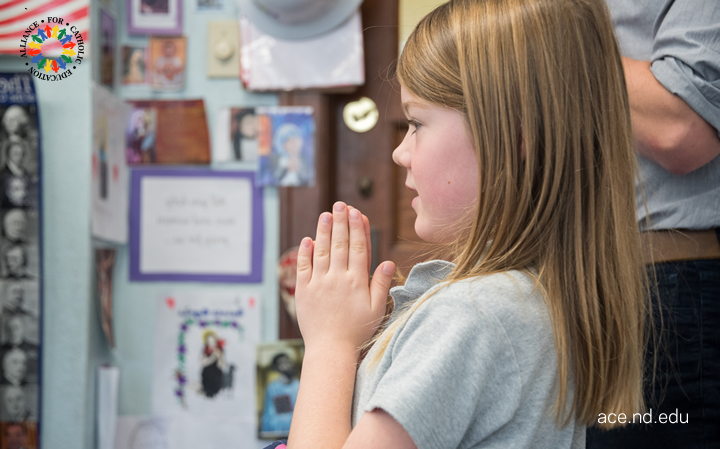We always live at the time we live and not at some other time, and only by extracting at each present time the full meaning of each present experience are we prepared for doing the same thing in the future. This is the only preparation which in the long run amounts to anything. (Dewey, 1916/1966, p.30).
 Steve Wojcikiewicz—a graduate of the 4th cohort of ACE Teaching Fellows–cited this passage from John Dewey's Democracy and Education in a 2010 article that Steve and his co-author published on youth development in education. The article was born out of Steve's work as a crewman and instructor on a tall ship along the Atlantic Coast—an opportunity he had seized halfway through his doctoral career in the College of Education at Michigan State University. For Steve, Dewey was the most fitting theorist to put in conversation with the richly educative experiences of sailing. To borrow from Steve and Mural's own words, "Such engaging experiences were important for Dewey's conception of development because he theorized that only by fully experiencing the present can students fully experience the future" (p. 107).
Steve Wojcikiewicz—a graduate of the 4th cohort of ACE Teaching Fellows–cited this passage from John Dewey's Democracy and Education in a 2010 article that Steve and his co-author published on youth development in education. The article was born out of Steve's work as a crewman and instructor on a tall ship along the Atlantic Coast—an opportunity he had seized halfway through his doctoral career in the College of Education at Michigan State University. For Steve, Dewey was the most fitting theorist to put in conversation with the richly educative experiences of sailing. To borrow from Steve and Mural's own words, "Such engaging experiences were important for Dewey's conception of development because he theorized that only by fully experiencing the present can students fully experience the future" (p. 107).
Steve had no idea, in 2010, what kind of future he might be "fully experiencing" years later. In these first months of 2017, though, he has stepped into his new role as Director of the Pacific Alliance for Catholic Education (PACE) at the University of Portland. In hindsight, this directorship seems, for Steve and those who know him, the product of having extracted the full meaning of a veritable host of life experiences: teaching high school social studies and band, ministering to the spiritual lives of students at the University of Tulsa, honing the art of teacher education as a faculty member at Western Oregon University, and inquiring into issues of education policy as a staff member with the American Federation of Teachers in Washington, D.C., and as vice president of policy for Deans for Impact in Austin, Texas.
"The sheer demand of what he realized it took to do right by students, assured him he had found a life-long challenge."
Steve's foray into education began with ACE. He was what he described as "a history and econ guy," considering graduate school in history. His decision to teach history at Bishop Kelly High School in Tulsa, Oklahoma, through the ACE Teaching Fellows Program forever changed his trajectory. Moving from college into the classroom proved, for Steve, the epitome of "hard work." He found teaching "endlessly different and thus endlessly interesting," and he had his sophomore World History classes to prove it. Though he had been assigned two sections of freshman and sophomore World History, he found that no lesson could simultaneously serve both sections. The title of the course remained the same across sections, but his lessons were in constant flux to accommodate the different learning needs and personalities of his students. The mercurial nature of teaching, and the sheer demand of what he realized it took to do right by students, assured him he had found a life-long challenge.
"Academic success matters, yes, but always in the service of God and one's fellow human beings."
The more expansive notions of teaching as a vocation that he had garnered through his experience in ACE was what ultimately convinced Steve he had found a life-long career. While at Michigan State University pursuing doctoral work after ACE, Steve investigated the culture of high achievement in high school. His research raised questions of this culture: What are students so set on achieving? And why? Those questions are ones that teachers in Programs like ACE and PACE are taught to ask automatically. The answers for teachers and teacher educators like Steve are far less technocratic than the ones that might govern the average student's education. Academic success matters, yes, but always in the service of God and one's fellow human beings. Steve's directorship brings together the myriad experiences that have caused him to live the complexity and calling that are teaching. As the Director of the PACE Program, his mission is to prepare the next generation of teachers to prepare their own students to know and to learn in the service of God and their fellow human beings. To quote Dewey, "This is the only preparation which in the long run amounts to anything."
ACE and PACE are both proud members of the University Consortium for Catholic Education (UCCE). Learn more at ucceconnect.com
 Alliance for Catholic Education
Alliance for Catholic Education
